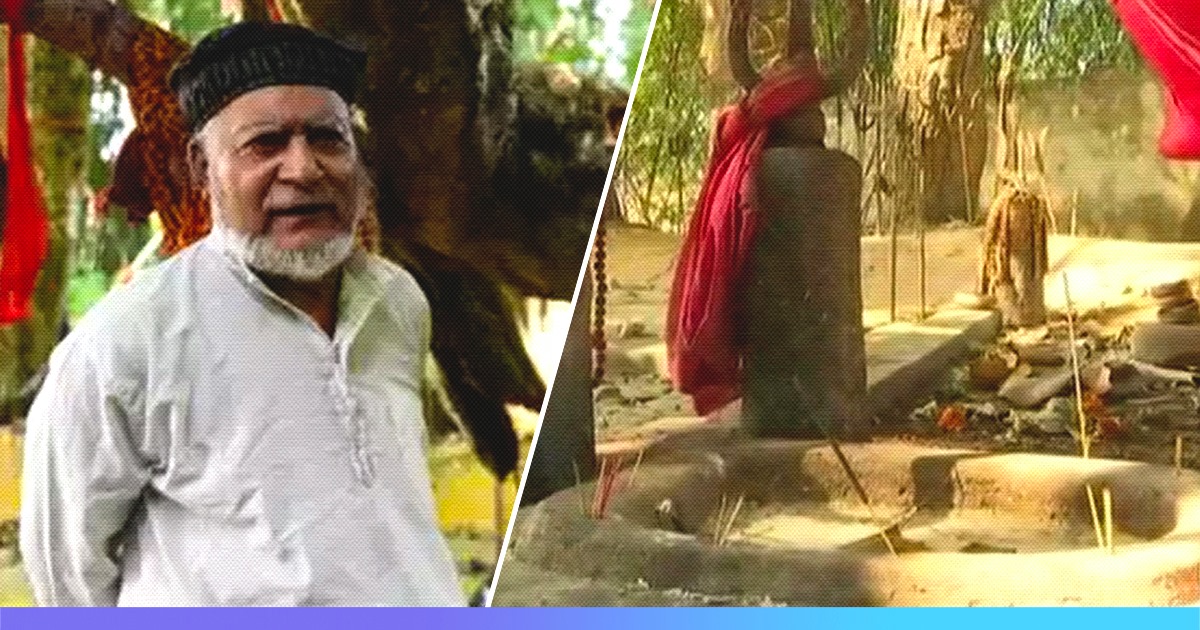At the time when people are fighting over Ram temple, a Muslim man in north Guwahati is offering his services to a centuries-old Lord Shiva temple across the Brahmaputra river.
The temple has been looked after for centuries by members of Motibar Rahman’s family. Now in his mid-70s, Rahman sweeps the floors of the shrine every morning, lights candles and incense sticks and prays obeisance to Lord Shiva which he lovingly called his ‘nana’ (grandfather).
“People from the Hindu community come here to offer prayers, sing naam-kirtan [local religious songs]. Many Muslims, too, visit the temple. Nana [Lord Shiva] likes it very much,” The Hindu quoted him as saying. “He also wants his surrounding to be clean. Without his permission, nothing can be taken from here. Even a branch of a tree cannot be taken without His permission,” Rahman added.
He insisted that people in this land of Sankardeb and Azan Fakir believe in brotherhood and peace.
Assam is often referred to as “Sankar-Ajan’or Dexh (land)” after Azan Fakir, a Sufi preacher from Baghdad, and Assamese polymath of the 15th-16th century Sankardeb. Both of them had devoted their lives to unite the people of the Brahmaputra valley.
“My ancestor Borhansa had a dream of Lord Shiva, who told him that he wanted to live here. The Lord had also bestowed on us the responsibility to look after his place of stay,” Rahman said, explaining the significance behind the family tradition.
The tradition began about 500 years ago, and Rahman is confident that his sons will take it forward. “When I had gone to Mecca on Haj in 2006, my sons took care of the place, though not as well as I do. They tried their best” he said. People like Rahman restore our faith in humanity and make us realise the significance of communal harmony and brotherhood.













